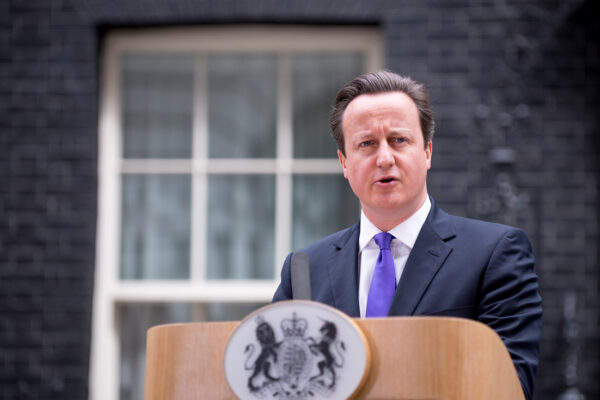
David Cameron — perhaps predictably — does not appear to have persuaded Britain’s Euroskeptics that it is worth staying in a reformed European Union.
Some would have argued for an exit no matter the outcome of Cameron’s renegotiation. That’s fine. We think Britain is better off in the EU, but there is a reasonable case to be made against membership.
Others, though, are saying Britain should leave because the prime minister didn’t get 100 percent of what he wanted.
That is the politics of fanaticism.
Give and take
In every relationship there must be give and take. Other EU nations were prepared to give Cameron nearly everything he asked for, except one thing: the unilateral right to deny labor migrants from other member states access to in-work benefits for up to four years.
Britain would instead be allowed to curb benefits as an “emergency” measure — provided the rest of the EU agrees.
Open Europe, a Euroskeptic think tank, has argued that this sets a “significant precedent.” It would allow Britain to treat its own nationals differently from the nationals of other European countries.
Unsatisfied
You wouldn’t know it from reading the British newspapers today.
The Daily Mail calls Cameron’s renegotiation a “delusion” and complains that “hardly anything in this deal will do one iota to stop mass immigration from inside or outside the EU.”
The Sun rejects the agreement for the same reason, calling it a “dismal failure worse than we ever imagined.”
Even The Times says “the document promises little of substance” and wants Cameron to go back and extract more concessions on migration and sovereignty.
All three newspaper endorsed the Conservative leader for reelection last year.
Two-speed Europe
The Financial Times is the only paper on the right that congratulates Cameron on making “tangible progress”. It argues that the other three areas of his renegotiation are more important.
The agreement to exempt Britain from “ever-closer union” may seem like symbolism, “but it provides reassurance that the United Kingdom is not on a train it didn’t want to join,” writes the Financial Times.
It also calls giving national parliaments the power to reject EU legislation a “significant boost” for sovereignty and welcomes the safeguards Cameron has negotiated against the eurozone imposing unwelcome financial regulations on all 28 member states.
We would add the recognition from both EU and other national leaders that there is now a “two-speed Europe”: the nineteen countries in the eurozone and the non-euro states like Britain, Denmark, Poland and Sweden.
In the long term, this may turn out to be Cameron’s biggest accomplishment. It puts the brakes on any move toward federalization and could give way to a more flexible Europe, one in which countries variously opt in and out of integration schemes.
Reasonable Euroskeptics can take heart in that.
